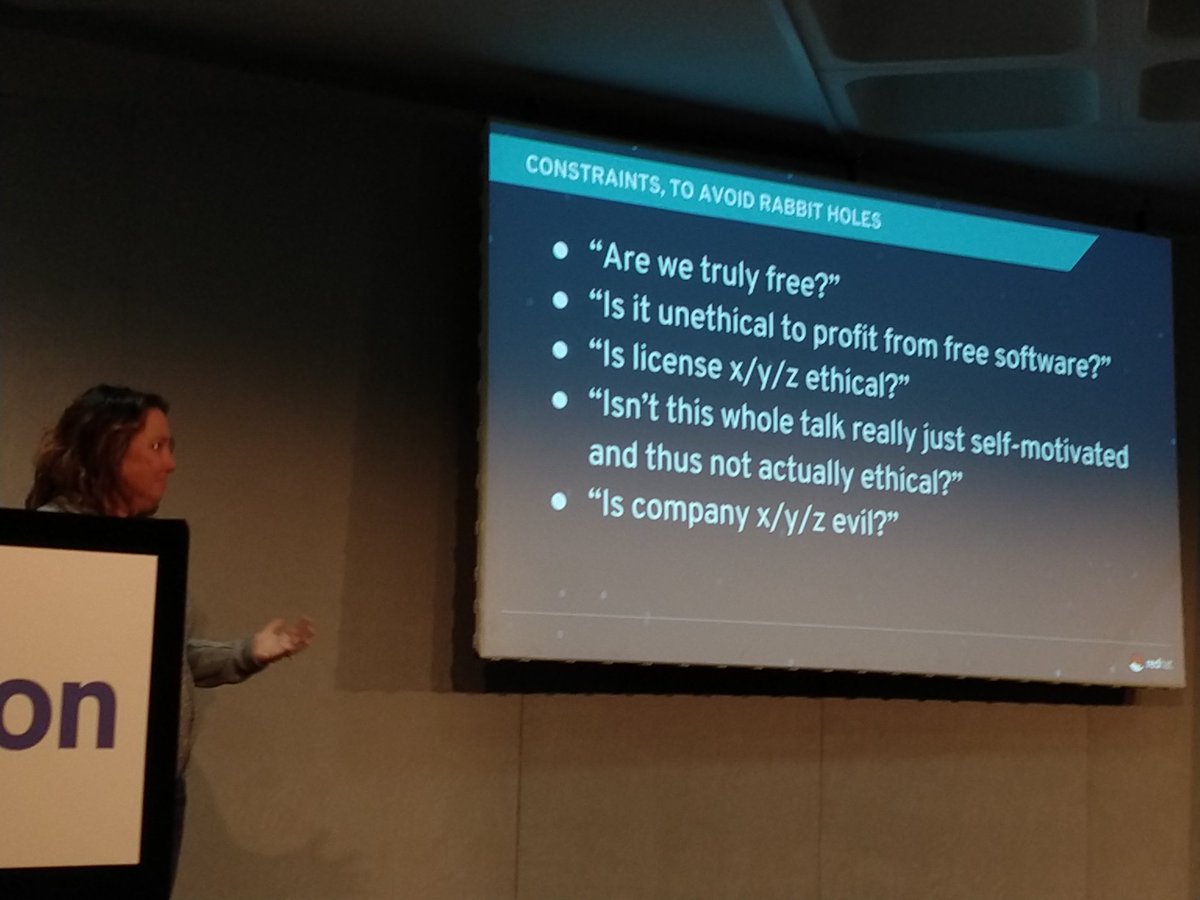Yes - this is true!
This gives the speaker a "weird feeling"
This comes back to one of my points that I keep going to: We don't have the tools for this new world yet
I can't get over the fact that the speaker is not seeing the problem of complexity in the "services" as being the problem.
Note: I'm not hating on his system. I'm looking at it and simply seeing the unnecessary complexity.
... ok now he's mentioning state! Let's see where this goes!
AND EVERYBODY IS TAKING A PHOTO!
This is called "confirmation bias" people.
But "of course there are Open Source Workflow Engines"
No discussion of the trade offs of why you should or shouldn't use Open Source.
But he runs a workflow engine company so...
These are solved problems within event driven architectures, and especially within #serverless systems using exponential backoff.
For a #serverless person, they will be sitting there going "why would you do it like that?"
It's a completely different way of thinking
I know it's a word that means something, but it's constantly used and I'm not sure it's meaning the same thing at every point.
I'm confused.
They should be listening, and carefully. We're trying to learn from them.
The problem with not using cloud vendor services and building your own is that using multiple services is complex.
You build for "one" because "one" is manageable.
"Event driven" becomes a LOT easier when you can utilise multiple different queues and buses that you don't have to manage.
If you don't realise this, then you will think #serverless is a joke
He's not for me of course but for a lot of things I'm sure he has a lot of value for some companies.



